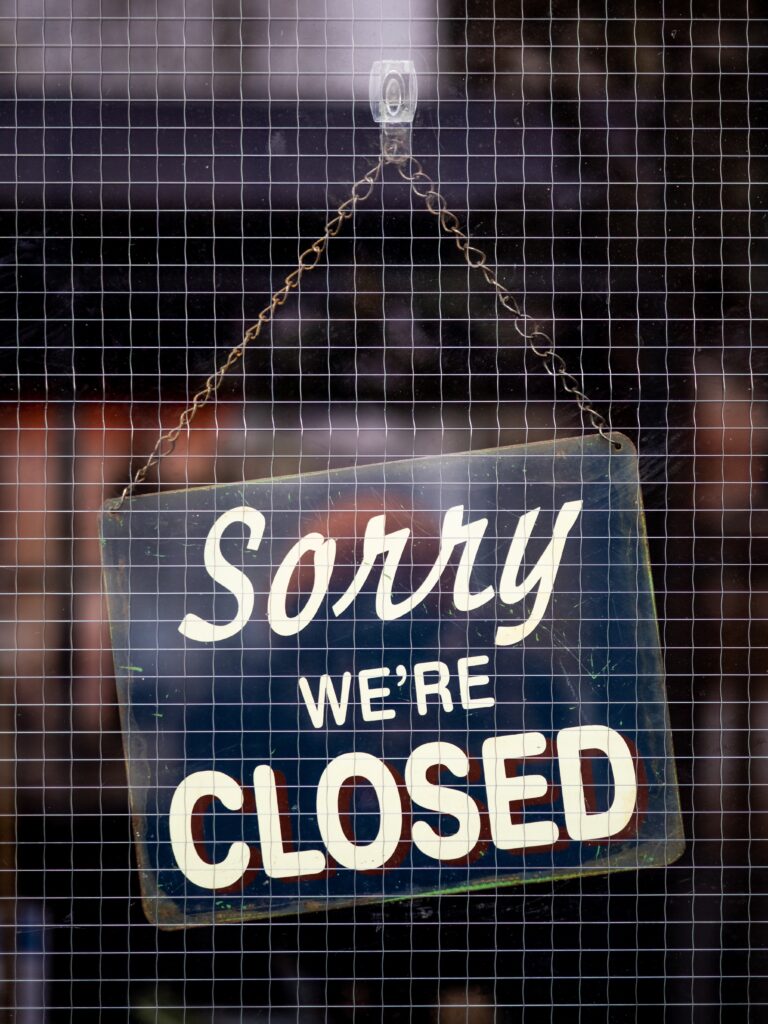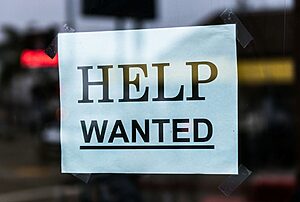In brief
- The Government is opting to keep COVID era seven-day isolation requirements in place for at least two more months.
- Opposition parties and businesses decry the move as out of step with the rest of the world.
- Experts like Michael Baker, however, applaud the move and see it as a way of now protecting against other respiratory viruses.
Seven day isolation requirements maintained
New Zealand is maintaining seven-day isolation requirements for those testing positive for COVID. The requirement for masks continues in some healthcare settings. The rules won’t be reviewed again until June 2023.
Prime Minister Chris Hipkins is pitching the continuation as a way to ensure the labour force isn’t adversely affected by COVID positive individuals spreading the virus on the job and “to relieve pressure on the health system”.
Ministers are also asking for more information on whether people should be considered safe to go to work with mild or asymptomatic cases of COVID.
The Government’s wage subsidy will be maintained while the isolation requirements are in place.

Experts weigh in
Epidemiologist Michael Baker applauded the move and said the isolation period protects from other respiratory diseases.
University of Auckland microbiologist Siouxsie Wiles is advocating for a test-to-release system that would allow some to be released earlier from isolation or held longer depending on test results.
Opposition parties react
Both ACT and the National Party spoke against the move.
ACT leader David Seymour said the Government is treating people like children and NZ is becoming “a kind of Hermit Kingdom 2.0 redux”. He also encouraged the Government to “move on and start embracing normality”.
Seymour went further to criticise the costs to businesses that invariably come with labour shortages as a result of isolation:
“It’s really difficult to understand how this government can so easily and breezily put costs on New Zealanders in spite of common sense, the rest of the world’s trend, and all available evidence.”
National’s Chris Bishop said the Government was being overly cautious and that COVID should be treated like the flu.
In contrast, the Green Party applauded the move as a way to protect the nation’s healthcare system from becoming overly strained.
Businesses react
Many in the hospitality and tourism industry are said to be disappointed by the move because they’re already struggling to stay open amid widespread staff shortages.
Business New Zealand executive Kirk Hope is also reported to be disappointed that the Government produced no clear criteria when the settings would be changed.
”What consideration have they given to those examples and what modelling has come out of those countries, would be useful for the Government to be considering?”
Retail NZ is also reportedly looking forward to NZ aligning itself with the rest of the world, which would mean dropping all remaining restrictions.
Other countries
As a comparison, Canada and Australia have dropped its five day isolation requirements for those testing positive for COVID 19. England hasn’t had isolation requirements in place for over a year.



















